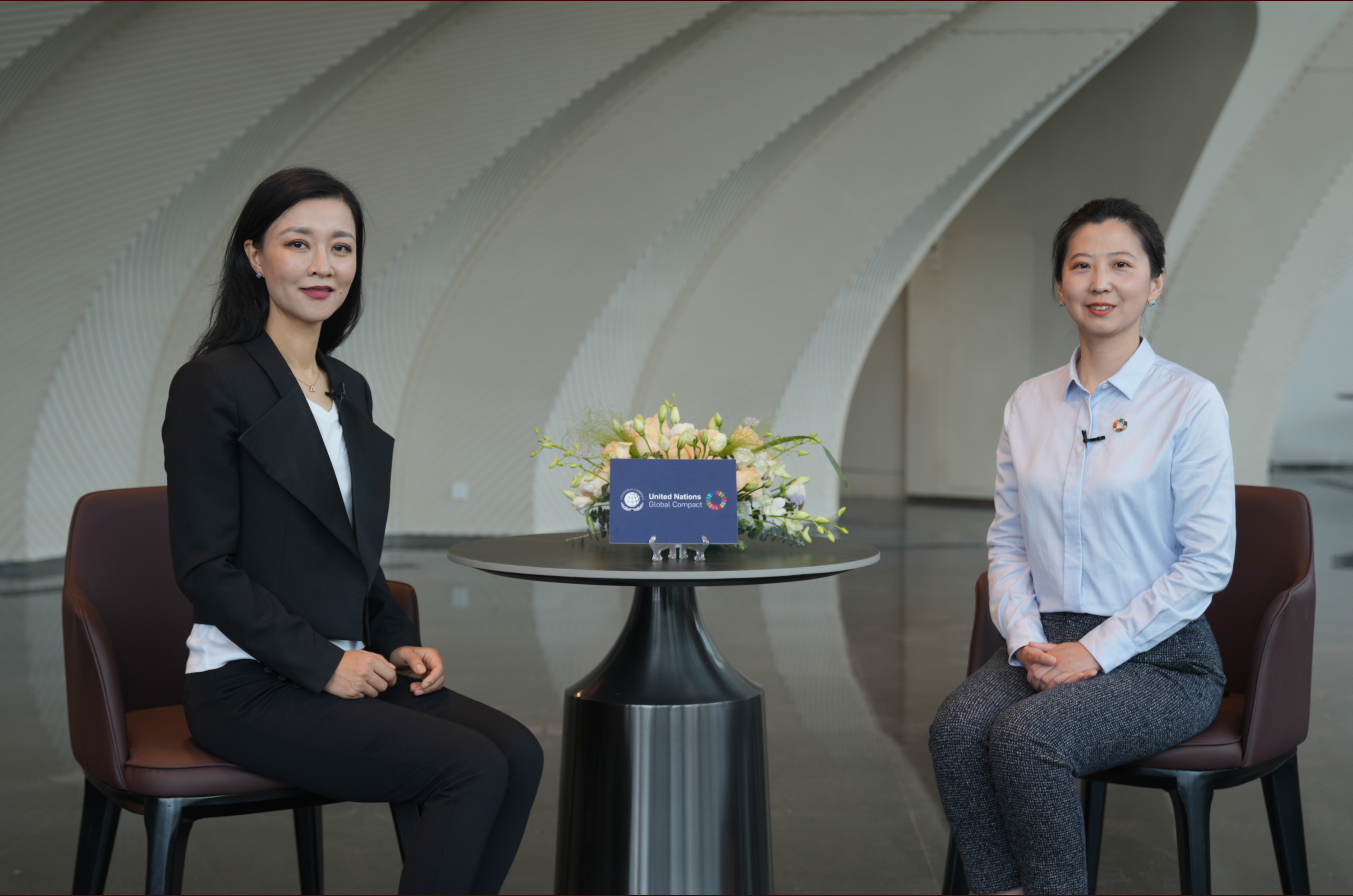
(Yicai) Oct. 16 -- Sunner Holding Group has developed a breeding model that integrates the circular economy throughout the entire livestock supply chain, according to the chairwoman of the country's largest producer of white feather broilers.
Sunner has the most complete supply chain in China's white broiler market, with an annual breeding output of around 800 million birds, Fu Fenfang told Yicai for the ESG+20 Sustainability Leaders Interview Series.
Nanping-based Sunner joined the United Nations Global Compact in 2019 and participated in the Forward Faster Initiative, a platform that encourages companies to take bold action to the UN’s sustainable development goals, which was proposed last year.
China can consume 8.3 billion white broilers a year, with Sunner having the largest production capacity, Fu pointed out, adding that the company's industrial model also differs from the commonly adopted methods in the sector.
Sunner has established a green and sustainable development supply chain centered on white broiler farming. It has also become a supply chain firm spanning agriculture and animal husbandry, food, cold chain logistics, investment, energy and environmental protection, supporting industries, and the veterinary medicine and vaccines sectors.
Sunner’s development model covers every step from the source to the end product, Fu noted. While most rivals hand over chicken manure waste to partners for disposal, for example, Sunner processes it into organic fertilizer through its own facilities, she pointed out, adding that a mixture of manure and rice husks can also be used as a fuel to generate power.
Regarding animal welfare, the chicks in Sunner farms are not confined to small cages after hatching but are raised in large sheds spanning over 10,000 square meters, where they can roam around freely, Fu said.
She noted that in the past two years there has been a significant increase in the attention paid to sustainability by businesses, the capital markets, and consumers alike. In response, Sunner is actively steering consumers toward more environmentally friendly and sustainable consumption practices, Fu said.
This year marks the 20th anniversary of the environmental, social, and governance concept, with Fu hoping that entrepreneurs, especially younger ones, will pay more attention to it in the future. “As long as there is enough focus on these issues, consumers will be willing to support ESG, and companies will be able to develop more smoothly,” she said.
Editor: Martin Kadiev